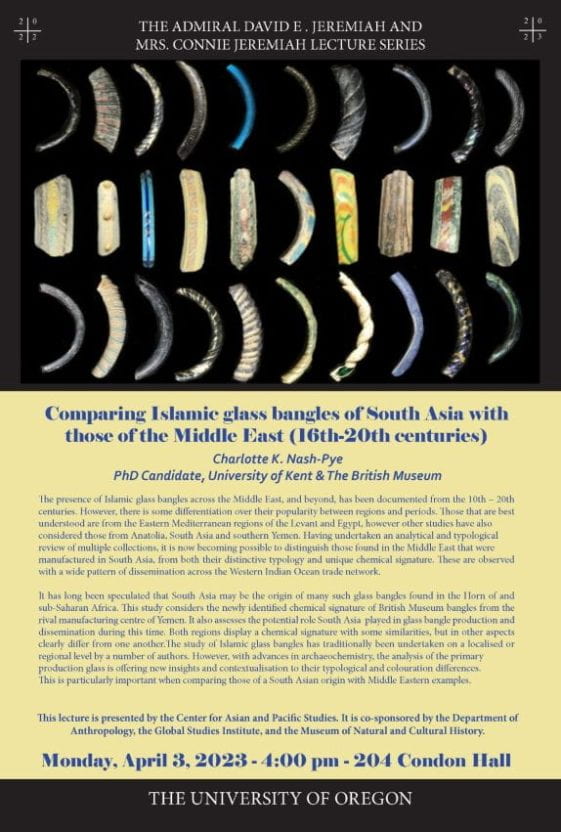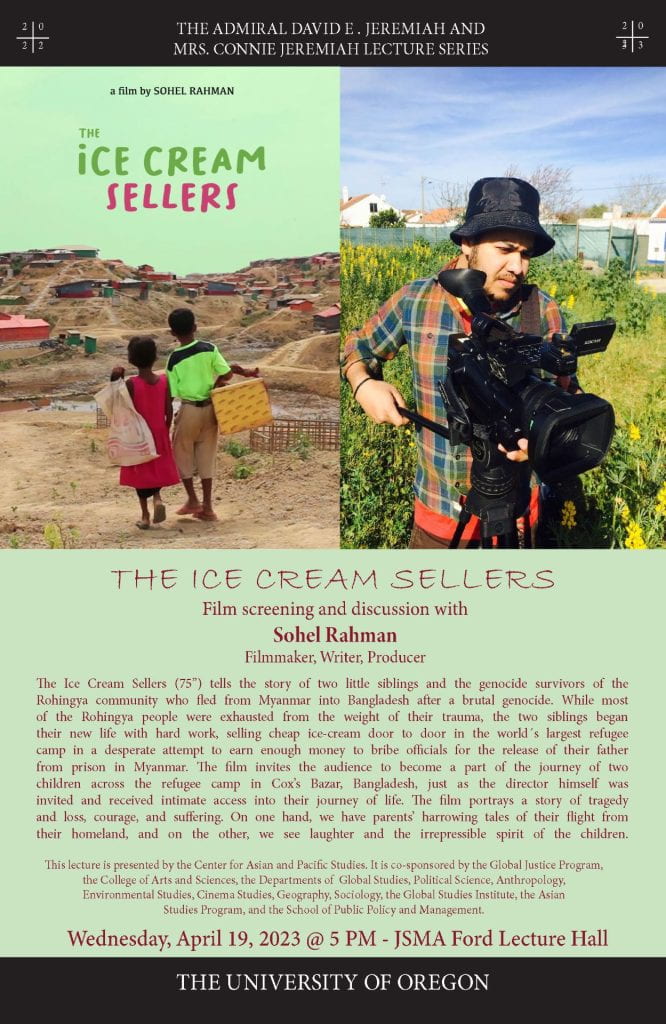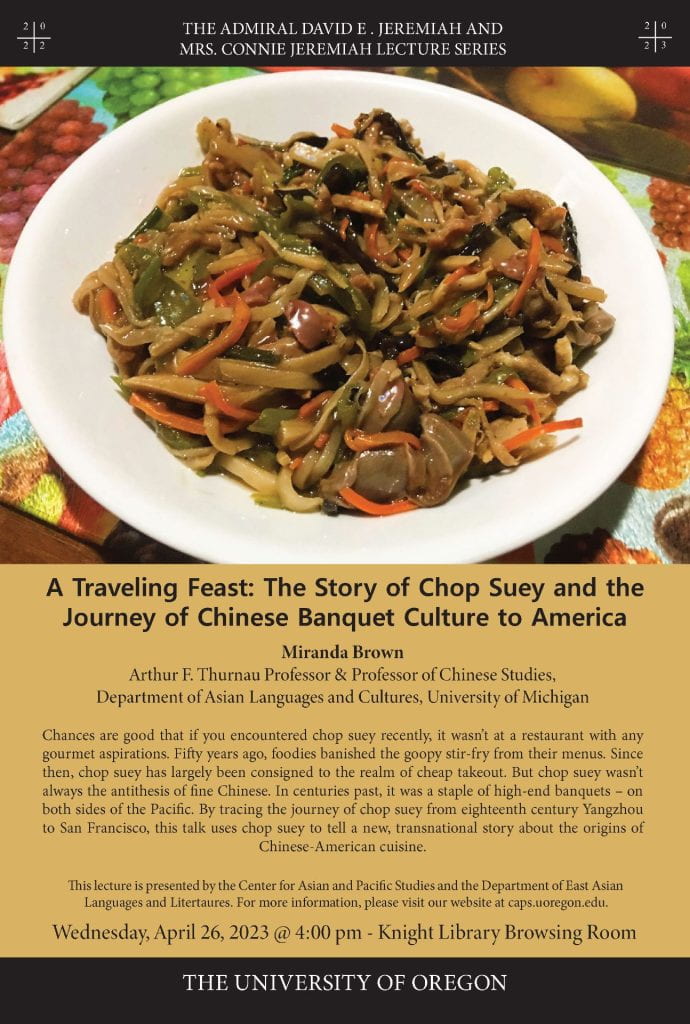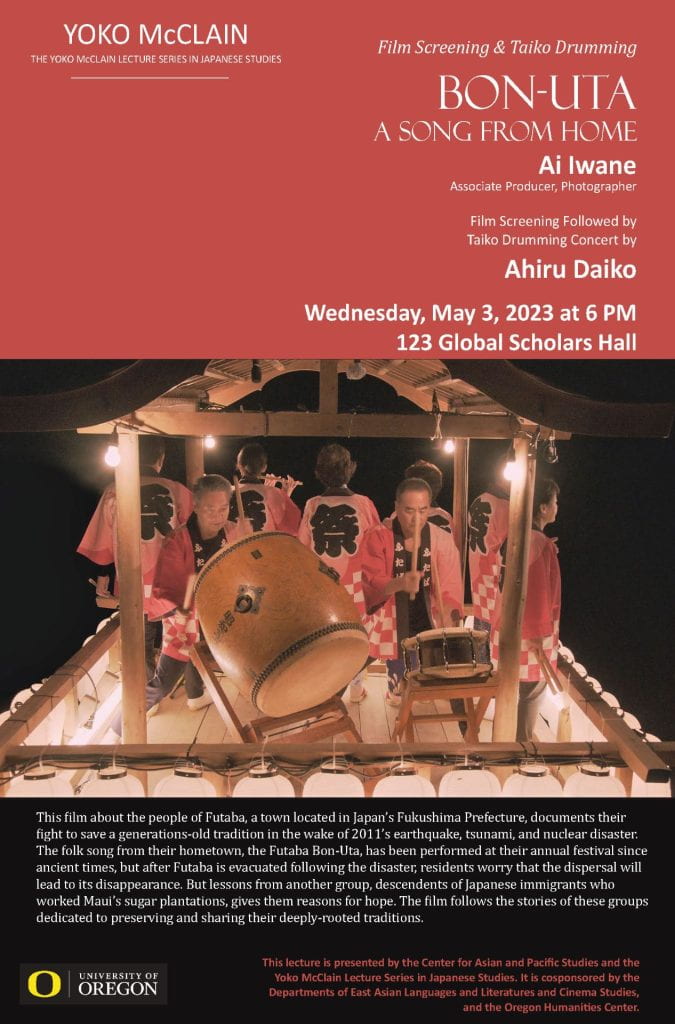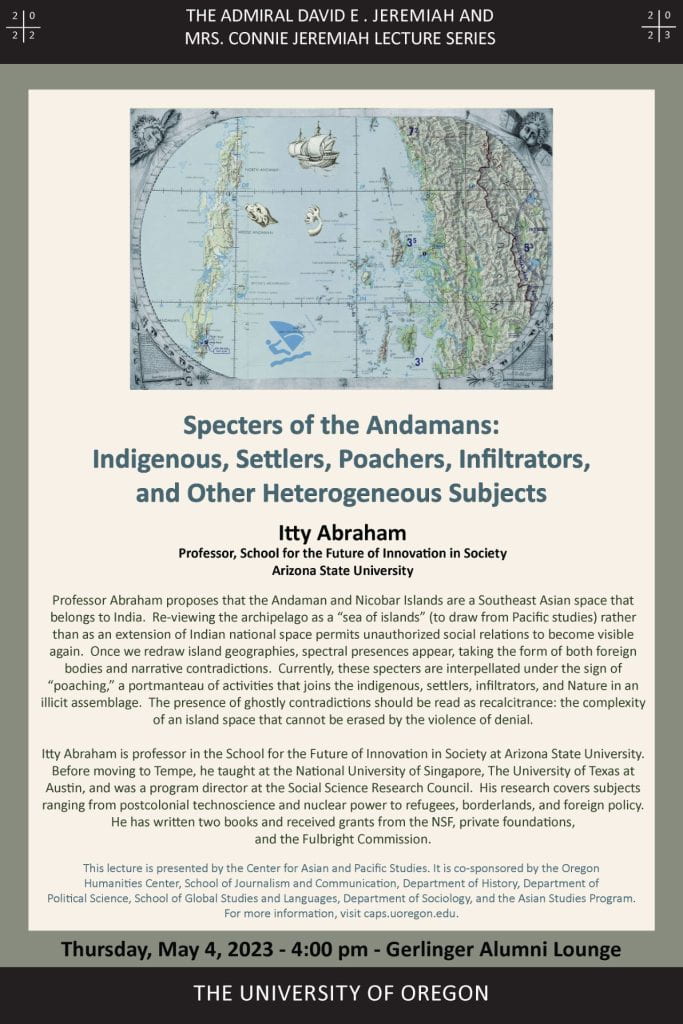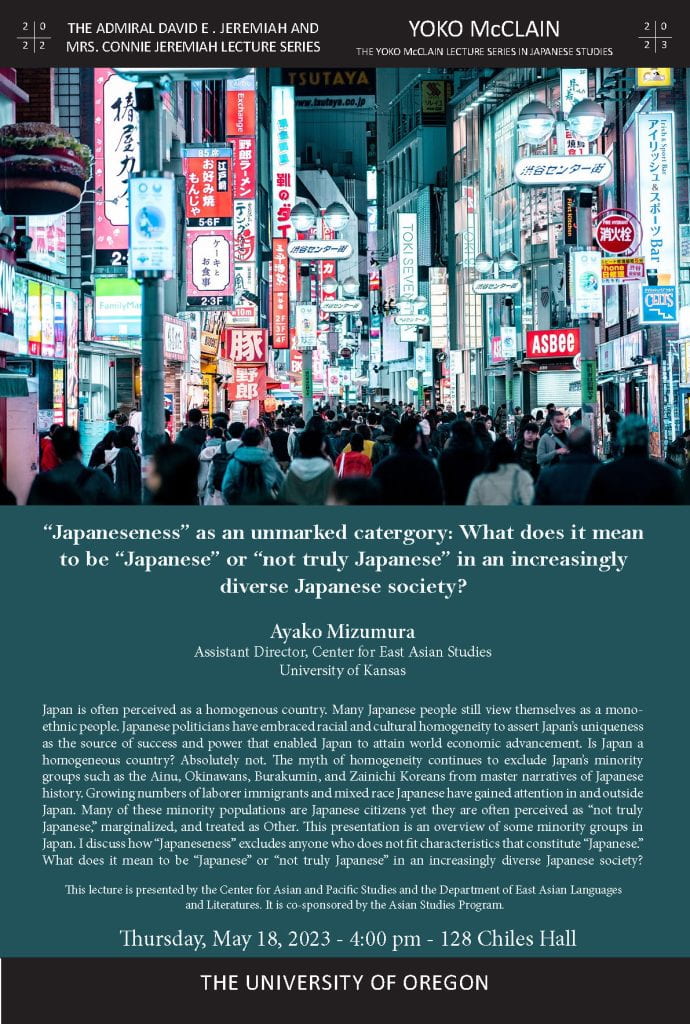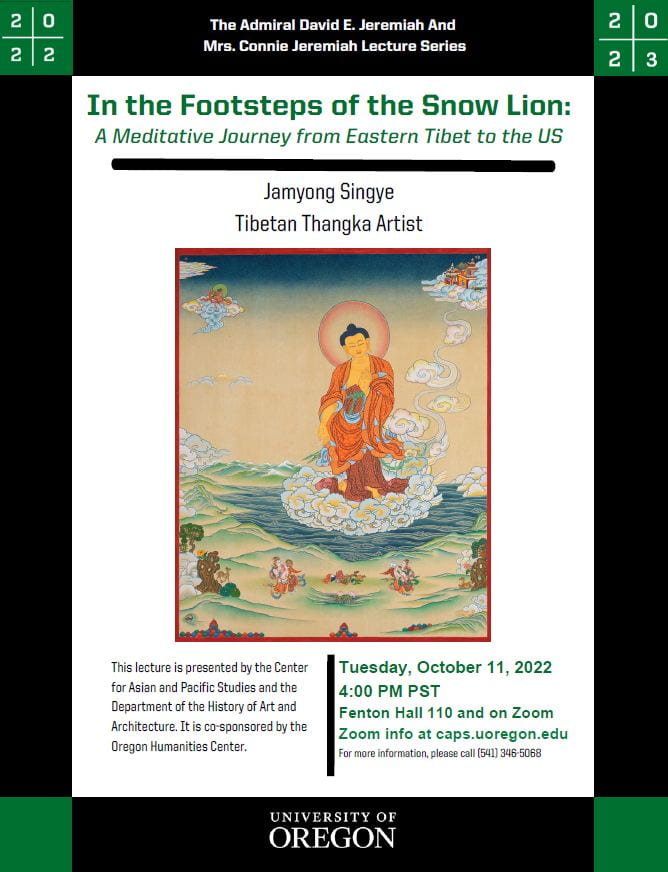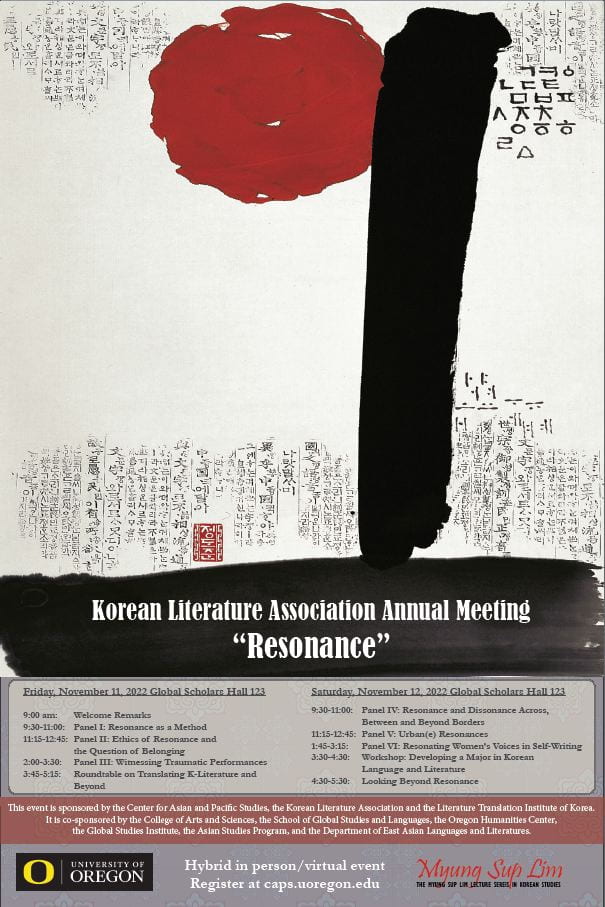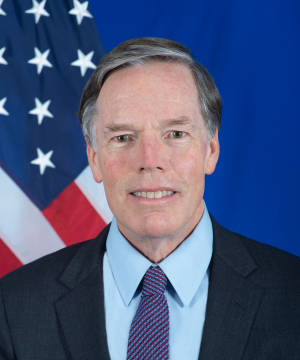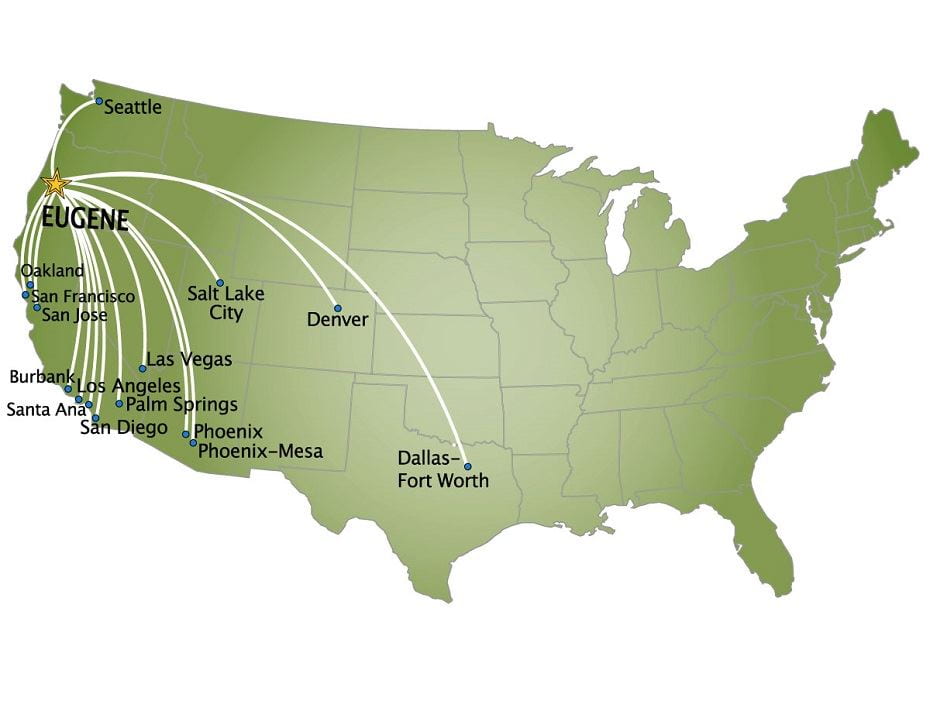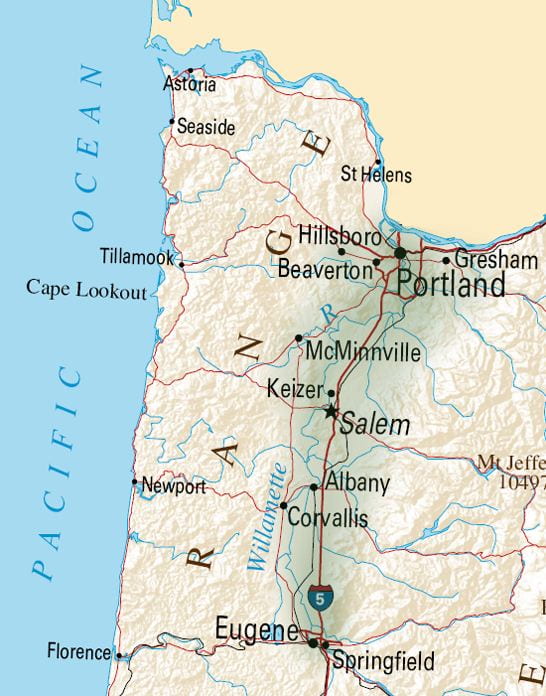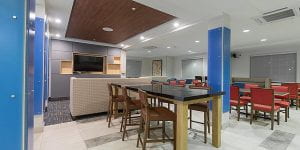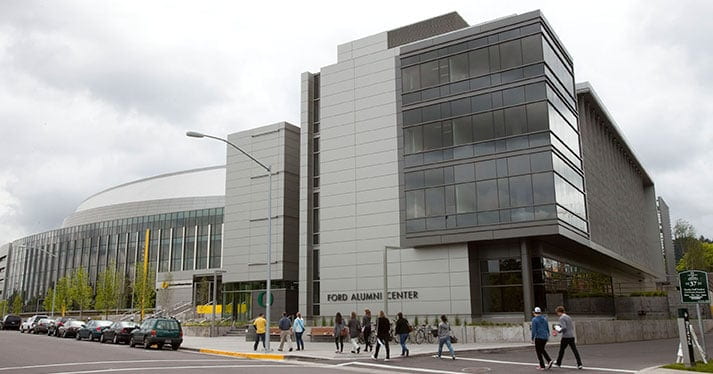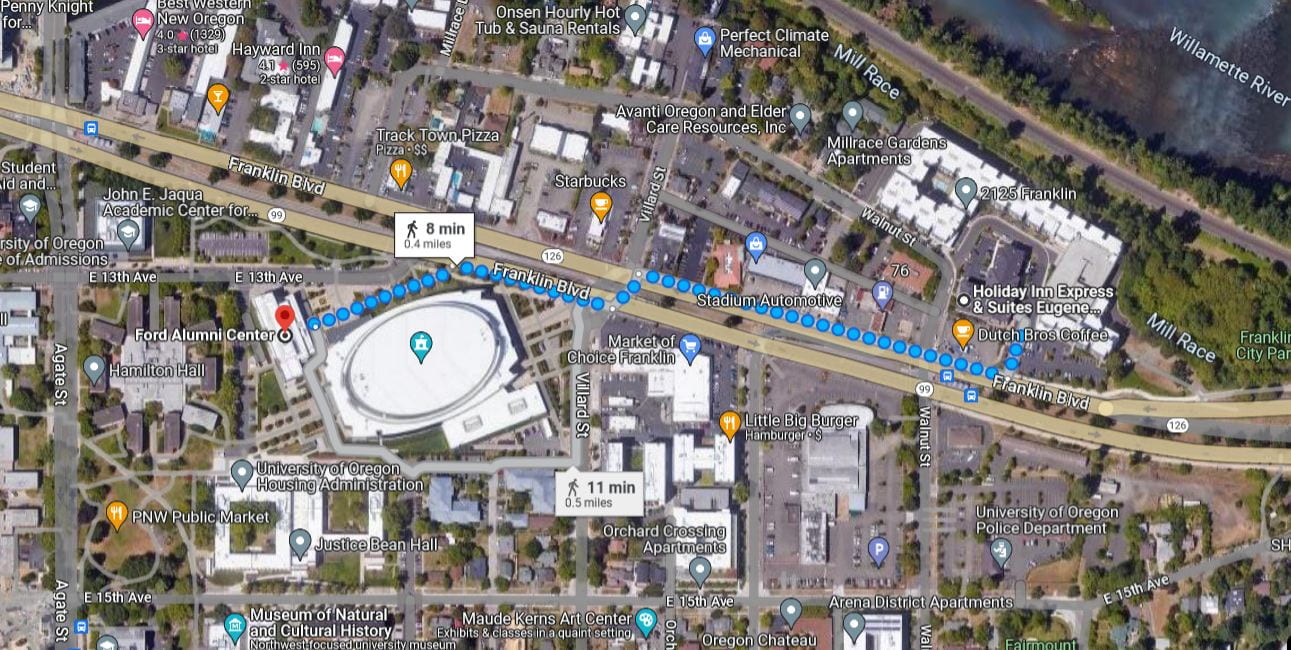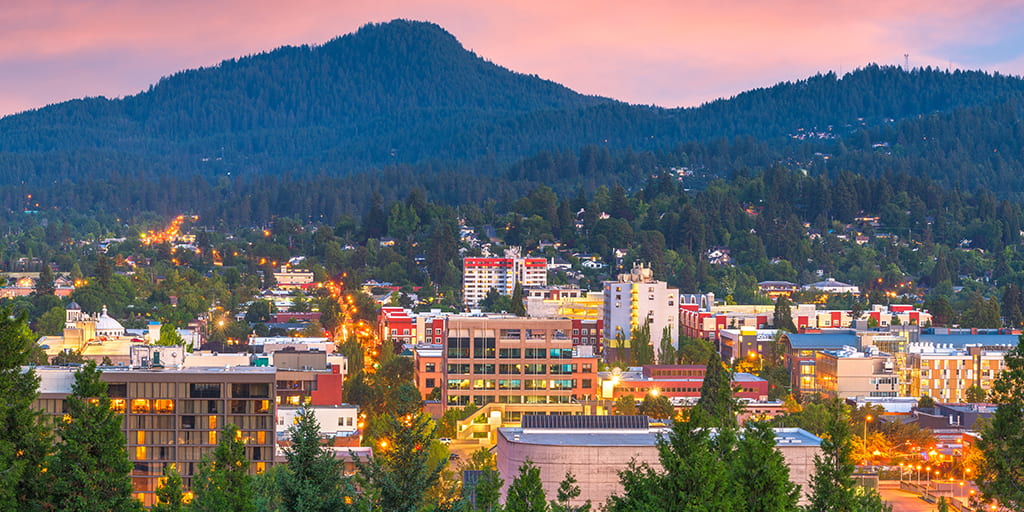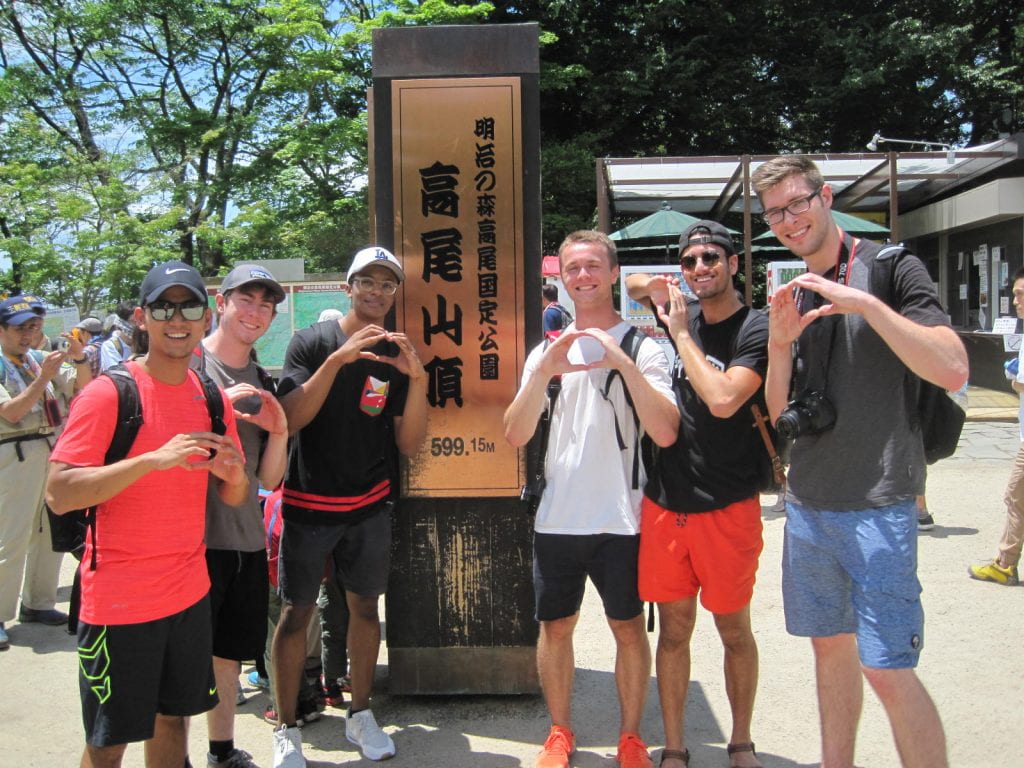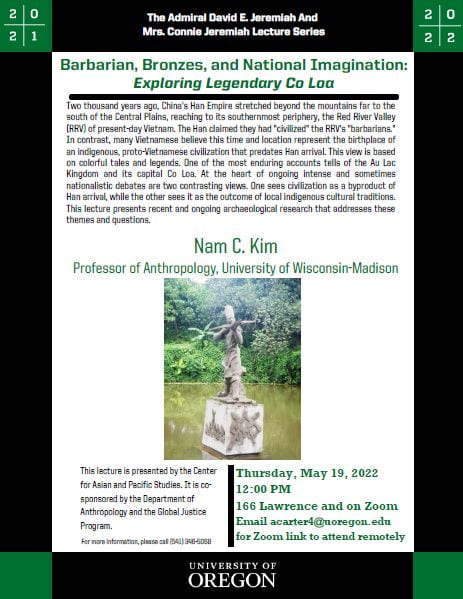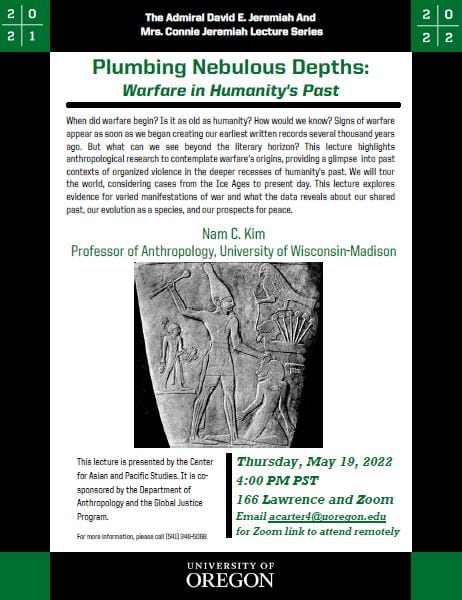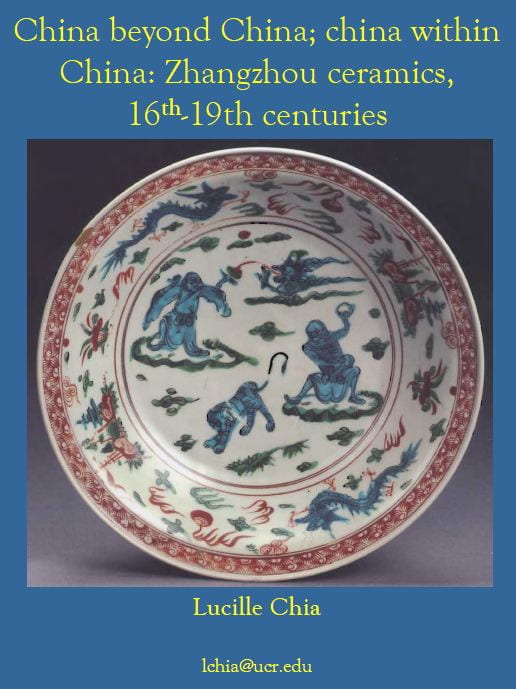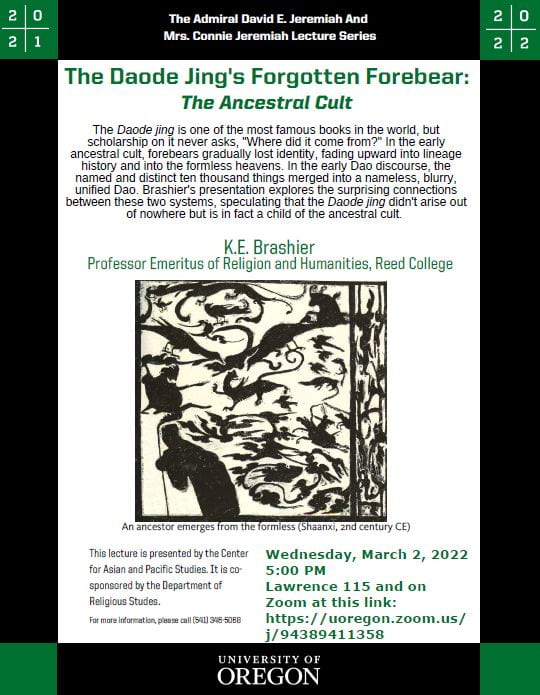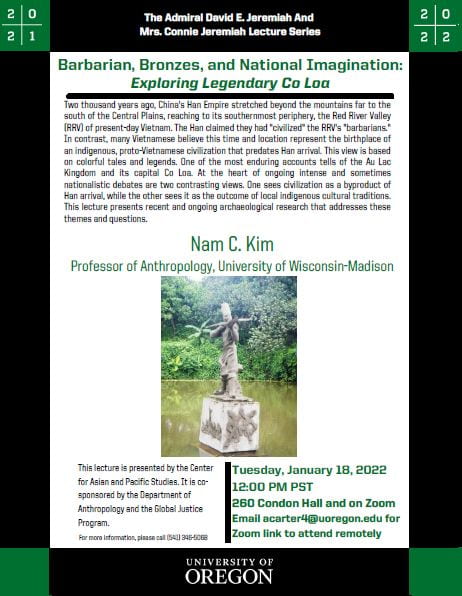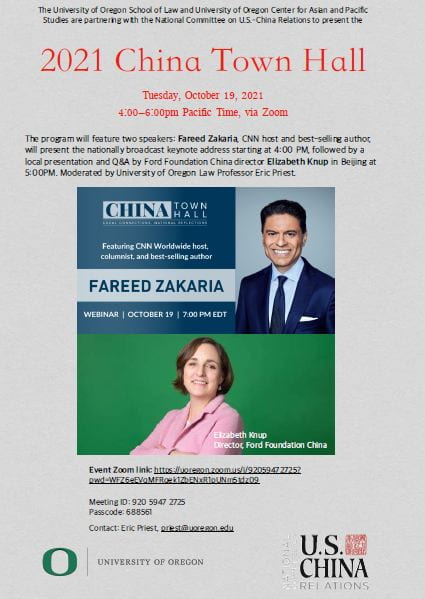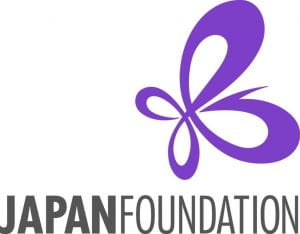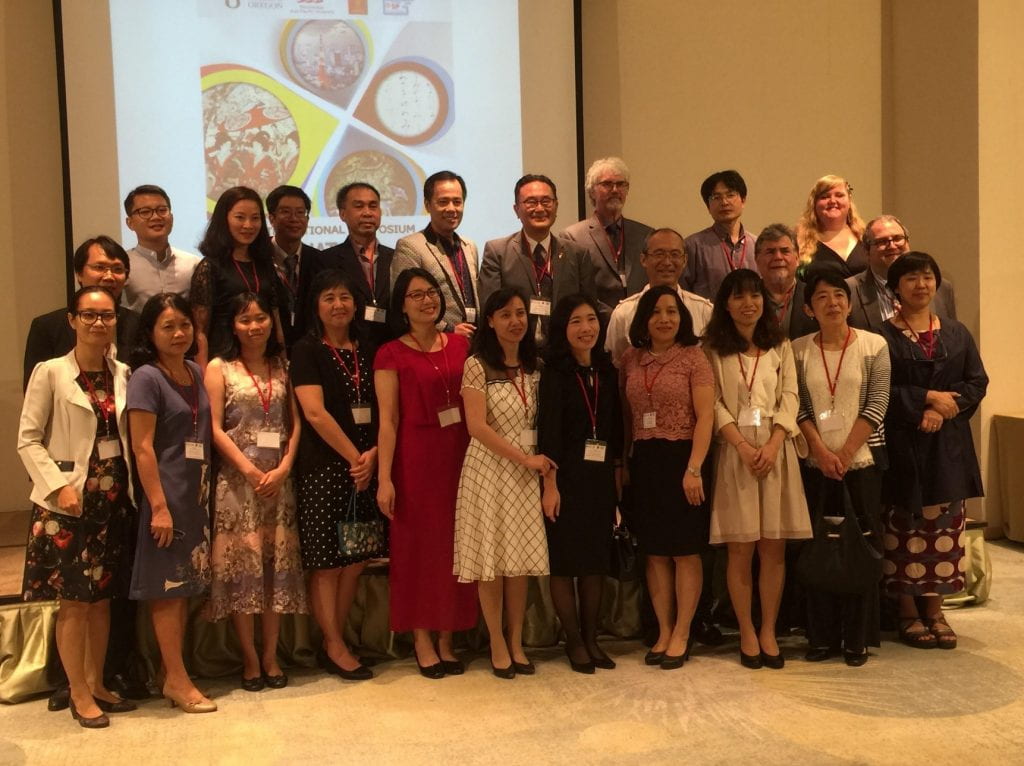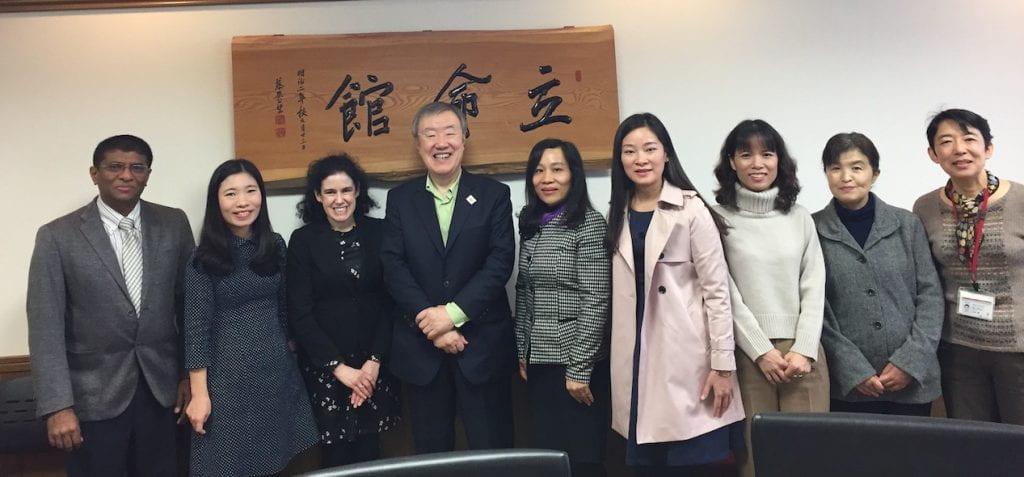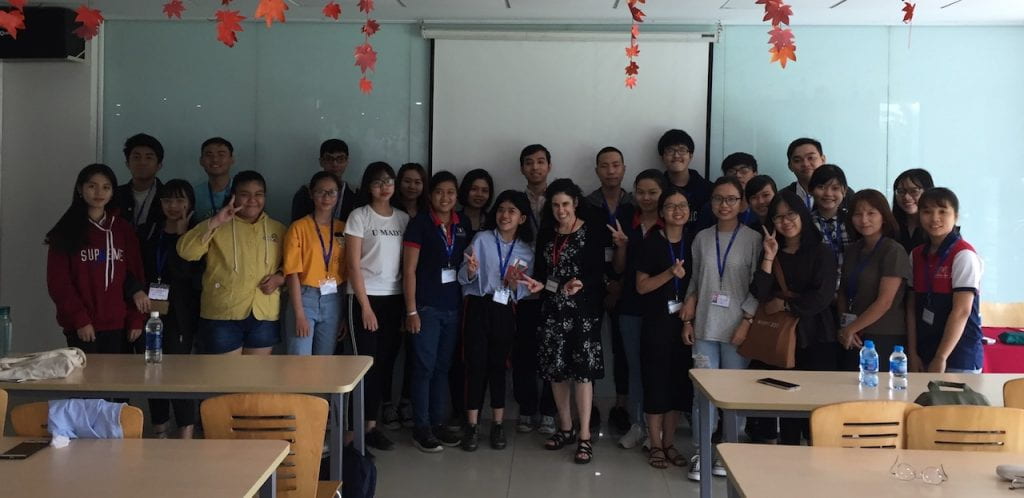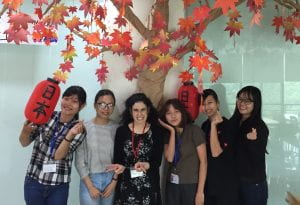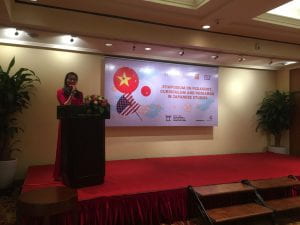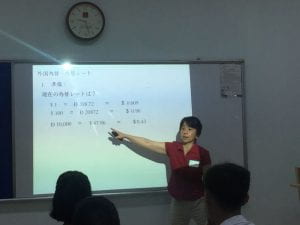Spring 2023
Comparing Islamic Glass Bangles of South Asia
with those of the Middle East (16th-20th centuries)
Invited lecture by Charlotte K. Nash-Pye
Phd Candidate, University of Kent and The British Museum
Monday, April 3, 2023 at 4 PM in 204 Condon Hall
The presence of Islamic glass bangles across the Middle East, and beyond, has been documented from the 10th – 20th centuries. However, there is some differentiation over their popularity between regions and periods. Those that are best understood are from the Eastern Mediterranean regions of the Levant and Egypt, however other studies have also considered those from Anatolia, South Asia and southern Yemen. Having undertaken an analytical and typological review of multiple collections, it is now becoming possible to distinguish those found in the Middle East that were manufactured in South Asia, from both their distinctive typology and unique chemical signature. These are observed with a wide pattern of dissemination across the Western Indian Ocean trade network. It has long been speculated that South Asia may be the origin of many such glass bangles found in the Horn of and sub-Saharan Africa. This study considers the newly identified chemical signature of British Museum bangles from the rival manufacturing centre of Yemen. It also assesses the potential role South Asia played in glass bangle production and dissemination during this time. Both regions display a chemical signature with some similarities, but in other aspects clearly differ from one another.The study of Islamic glass bangles has traditionally been undertaken on a localised or regional level by a number of authors. However, with advances in archaeochemistry, the analysis of the primary production glass is offering new insights and contextualisation to their typological and colouration differences. This is particularly important when comparing those of a South Asian origin with Middle Eastern examples.
Following The “Chinese Model”? The Politics of
History and Memory in Present-day Vietnam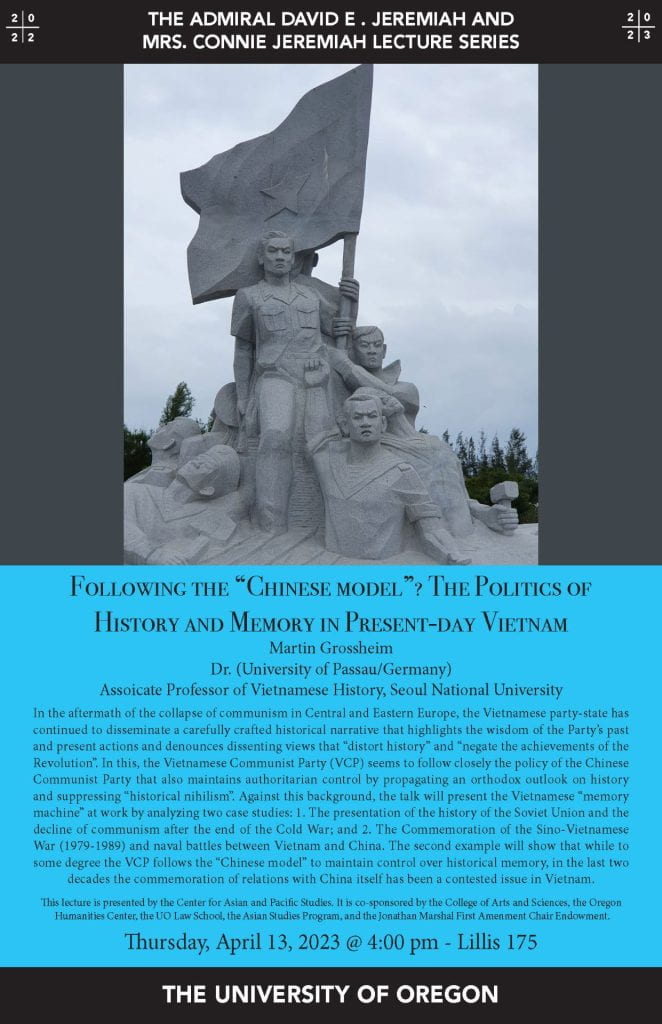
Invited lecture by Martin Grossheim
Dr. (University of Passau/Germany), Associate Professor of Vietnam History,
Seoul National University
Thursday, April 13, 2023 at 4 PM in Lillis Hall 175
In the aftermath of the collapse of communism in Central and Eastern Europe, the Vietnamese party-state has continued to disseminate a carefully crafted historical narrative that highlights the wisdom of the Party’s past and present actions and denounces dissenting views that “distort history” and “negate the achievements of the Revolution”. In this, the Vietnamese Communist Party (VCP) seems to follow closely the policy of the Chinese Communist Party that also maintains authoritarian control by propagating an orthodox outlook on history and suppressing “historical nihilism”. Against this background, the talk will present the Vietnamese “memory machine” at work by analyzing two case studies: 1. The presentation of the history of the Soviet Union and the decline of communism after the end of the Cold War; and 2. The Commemoration of the Sino-Vietnamese War (1979-1989) and naval battles between Vietnam and China. The second example will show that while to some degree the VCP follows the “Chinese model” to maintain control over historical memory, in the last two decades the commemoration of relations with China itself has been a contested issue in Vietnam.
The Ice Cream Sellers
Invited film screening and discussion with Sohel Rahman
Filmmaker, Writer, Producer
Wednesday, April 19, 2023 at 5 PM in JSMA Ford Lecture Hall
The Ice Cream Sellers (75”) tells the story of two little siblings and the genocide survivors of the Rohingya community who fled from Myanmar into Bangladesh after a brutal genocide. While most of the Rohingya people were exhausted from the weight of their trauma, the two siblings began their new life with hard work, selling cheap ice-cream door to door in the world´s largest refugee camp in a desperate attempt to earn enough money to bribe officials for the release of their father from prison in Myanmar. The film invites the audience to become a part of the journey of two children across the refugee camp in Cox’s Bazar, Bangladesh, just as the director himself was invited and received intimate access into their journey of life. The film portrays a story of tragedy and loss, courage, and suffering. On one hand, we have parents’ harrowing tales of their flight from their homeland, and on the other, we see laughter and the irrepressible spirit of the children.
A Traveling Feast: The Story of Chop Suey and
the Journey of Chinese Banquet Culture to America
Invited lecture by Miranda Brown & Aurthur F. Thurnau
Professor of Chinese Studies, Department of Asian Languages and Cultures
University of Michigan
Wednesday, April 26, 2023 at 4 PM in Knight Library Browsing Room
Chances are good that if you encountered chop suey recently, it wasn’t at a restaurant with any gourmet aspirations. Fifty years ago, foodies banished the goopy stir-fry from their menus. Since then, chop suey has largely been consigned to the realm of cheap takeout. But chop suey wasn’t always the antithesis of fine Chinese. In centuries past, it was a staple of high-end banquets – on both sides of the Pacific. By tracing the journey of chop suey from eighteenth century Yangzhou to San Francisco: I use chop suey to tell a new, transnational story about the origins of Chinese-American cuisine.
BON-UTA
A SONG FROM HOME
Invited Film Screening and Taiko Drumming
by Ai Iwane and Ahiru Daiko
Associate Producer, Photographer
Thursday, May 18, 2023 at 4 PM in 128 Chiles Hall
This film about the people of Futaba, a town located in Japan’s Fukushima Prefecture, documents their fight to save a generations-old tradition in the wake of 201 1’s earthquake, tsunami, and nuclear disaster. The folk song from their hometown, the Futaba Bon-Uta, has been performed at their annual festival since ancient times, but after Futaba is evacuated following the disaster, residents worry that the dispersal will lead to its disappearance. But lessons from another group, descendents of Japanese immigrants who worked Maui’s sugar plantations, gives them reasons for hope. The film follows the stories of these groups dedicated to preserving and sharing their deeply-rooted traditions.
Specters of the Andamans: Indigenous, Settlers,
Poachers, Infiltrators, and Other Heterogenous Subjects
Invited lecture by Itty Abraham
Professor, School for the Future of Innovation in Society
Arizona State University
Thursday, May 4, 2023 at 4 PM in Gerlinger Alumni Lounge
Professor Abraham proposes that the Andaman and Nicobar Islands are a Southeast Asian space that belongs to India. Re-viewing the archipelago as a “sea of islands” (to draw from Pacific studies) rather than as an extension of Indian national space permits unauthorized social relations to become visible again. Once we redraw island geographies, spectral presences appear, taking the form of both foreign bodies and narrative contradictions. Currently, these specters are interpellated under the sign of “poaching,” a portmanteau of activities that joins the indigenous, settlers, infiltrators, and Nature in an illicit assemblage. The presence of ghostly contradictions should be read as recalcitrance: the complexity of an island space that cannot be erased by the violence of denial.
“Japaneseness” as an unmarked category: What does it mean
to be “Japanese” or “not truly Japanese” in an increasingly
diverse Japanese society?
Invited lecture by Ayako Mizumura
Assistant Director, Center for East Asian Studies
University of Kansas
Thursday, May 18, 2023 at 4 PM in 128 Chiles Hall
Japan is often perceived as a homogenous country. Many Japanese people still view themselves as a mono-ethnic people. Japanese politicians have embraced racial and cultural homogeneity to assert Japan’s uniqueness as the source of success and power that enabled Japan to attain world economic advancement. Is Japan a homogeneous country? Absolutely not. The myth of homogeneity continues to exclude Japan’s minority groups such as the Ainu, Okinawans, Burakumin, and Zainichi Koreans from master narratives of Japanese history. Growing numbers of laborer immigrants and mixed race Japanese have gained attention in and outside Japan. Many of these minority populations are Japanese citizens yet they are often perceived as “not truly Japanese,” marginalized, and treated as Other. This presentation is an overview of some minority groups in Japan. I discuss how “Japaneseness” excludes anyone who does not fit characteristics that constitute “Japanese.” What does it mean to be “Japanese” or “not truly Japanese” in an increasingly diverse Japanese society?
Winter 2023
Self-Ornamentalization: A New Chinese/American Femininity
in the Writings of Helena Kuo (1911-1999)
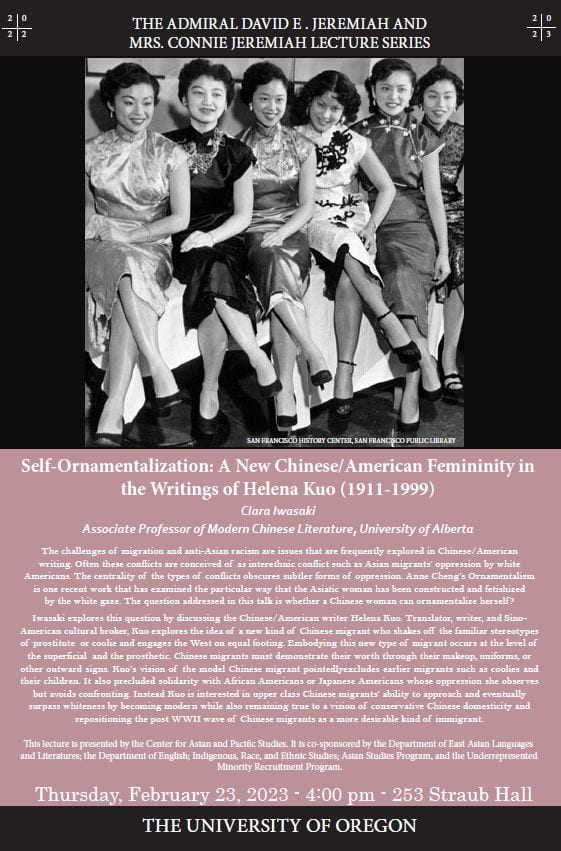
Invited lecture by Clara Iwasaki
Associate Professor of Modern Chinese Literature,
University of Alberta
Thursday, February 23, 2023 at 4 PM in 253 Straub Hall
Wu Jianren’s Hybrid Modernity: The Late Qing Intellectual Crisis as Reflected in The New Story of the Stone

Invited lecture by Theodore Huters
Professor Emeritus, Asian Languages and Cultures, UCLA
Thursday, March 2, 2023 at 4 PM in 112 Lillis Hall
The period between China’s defeat by Japan in 1895-1895 and the New Culture Movement that gathered momentum after 1919 was marked by a great epistemic instability. Whereas there had been a number of efforts to accept certain Western ideas and technologies in the period prior to the war with Japan, even those who embraced those efforts were committed to the notion of Chinese cultural superiority. And following the May Fourth Movement and the reorganization of Peking University and the Commercial Press, there was general acceptance among the intellectual elite that the old Chinese order was not up to the challenge of the West. In the interim period, however, neither the Chinese nor the Western system was regarded definitively as having the upper hand: there was instead a nagging uncertainty as to which set of ideas was ultimately superior. Wu Jianren (1866-1910) was the novelist most acutely tuned into the political economy and intellectual wavering of the period, and his The New Story of the Stone, written in two distinct segments between 1905 and 1907, is his most complete interpretation of the various hard choices he saw as confronting China. While in the work he recognizes, often only indirectly, the power of Western science, after setting out China’s problems in the first half of the novel, in the second half he deploys the tropes of science fiction in an attempt to prove the superiority and potential of Chinese cultural values. The supreme difficulty of this effort is mirrored in the contradictions and inconsistencies that surface in the text.
Fall 2022
In the Footsteps of the Snow Lion:
A Meditative Journey from Eastern Tibet to the US
Tuesday, October 11, 2022 at 4 pm
Fenton 110 and on Zoom
Join us for a lecture by Jamyong Singye, Tibetan Thangka artist. This lecture is also available via Zoom at this link. Please pre-register for the event at this link to receive the Meeting ID and passcode.
Thangka Painting Workshop
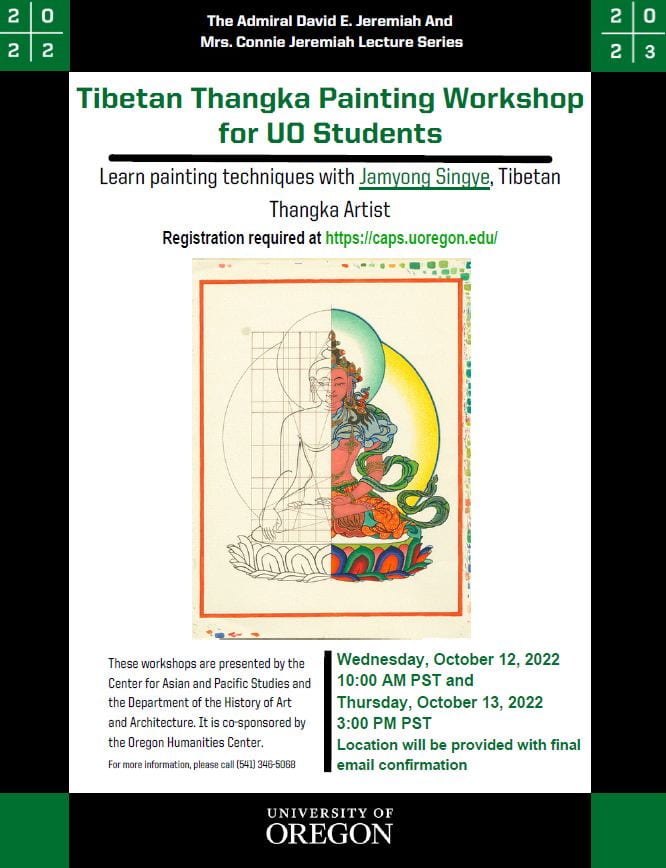
Wednesday, October 12, 2022 at 10:00 am
Thursday, October 13, 2022 at 3:00 pm
Register here
Join us for a lecture by Jamyong Singye, Tibetan Thangka artist. These workshops are for UO students only. Please visit this link to register. Registration is required prior to the workshop. Please bring the following supplies to the workshop: paper, pencil, ruler, eraser, brush, and watercolors.
Where Great Powers Meet: America and China in Southeast Asia
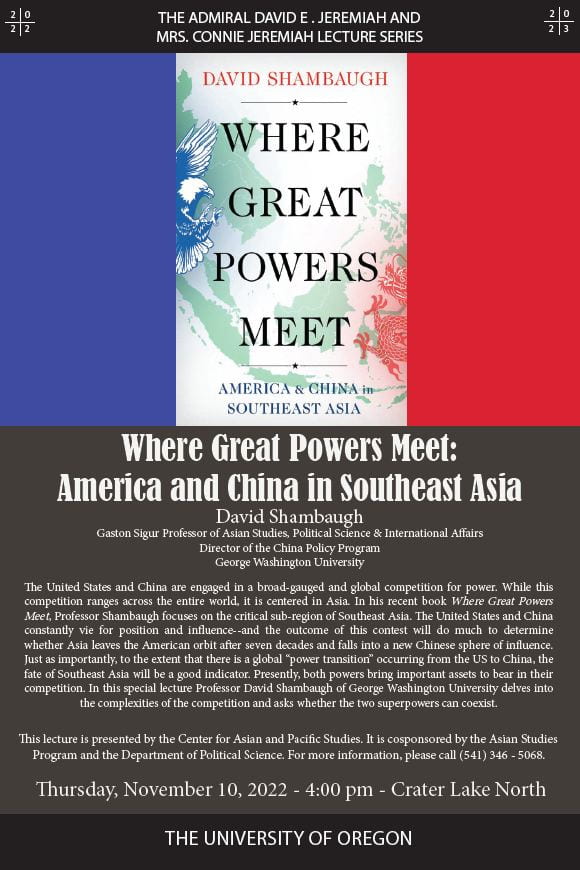
David Shambaugh
Gaston Sigur Professor of Asian Studies, Political Science and International Affairs
Director of the China Policy Program
George Washington University
Thursday, November 10, 2022 at 4:00 PM in Crater Lake North
The United States and China are engaged in a broad-gauged and global competition for power. While this competition ranges across the entire world, it is centered in Asia. In his recent book Where Great Powers Meet, Professor Shambaugh focuses on the critical sub-region of Southeast Asia. The United States and China constantly vie for position and influence–and the outcome of this contest will do much to determine whether Asia leaves the American orbit after seven decades and falls into a new Chinese sphere of influence. Just as importantly, to the extent that there is a global “power transition” occurring from the US to China, the fate of Southeast Asia will be a good indicator. Presently, both powers bring important assets to bear in their competition. In this special lecture Professor David Shambaugh of George Washington University delves into the complexities of the competition and asks whether the two superpowers can coexist.
Korean Literature Association Annual Meeting 2022
Friday, November 11 and Saturday, November 12, 2022
Global Scholars Hall 123 and on Zoom
Join us for two days of panels exploring the notion of ‘resonance’ as an important heuristic device for Korean literary and cultural studies. This hybrid event is taking place in person and on Zoom. Please register for the Zoom link prior to the conference.
Register to join the event via Zoom!
Download the program here: KLA 2022 Program
Understanding the microbial history of the Pacific Islands: Insights on human adaptations to new environments

Laura Weyrich
Associate Professor, Department of Anthropology
Penn State University
Thursday, December 1, 2022 at 4:00 PM in the Museum of Natural and Cultural History
The settlement of the Eastern Pacific (the “Polynesian triangle” from Hawaii to Rapa Nui to Aotearoa New Zealand) represents the last great phase of prehistoric human exploration and expansion. Despite this incredible feat, we know incredibly little about immediate and long-term post-arrival impacts on human physiology and health. Arrival in unique locations with varied access to resources, new disease exposures, and altered diets likely resulted in differential adaptive strategies across distinct archipelagos. A new method – assessing ancient oral microbiomes within calcified dental plaque (calculus) – can provide insights into how humans adapted to new environments. Here, we sequenced ancient DNA preserved within dental calculus from three different Pacific Island Nations (Palau, Tahiti, and Aotearoa) in concert with local collaborators and communities. Distinct oral microbial communities were linked to the arrival in Central-East Polynesia, as well as settlement on individual archipelagos (i.e., in Tahiti), suggesting that settling in new locations may have altered microbes within these Ancestors. Further, oral microbiome shifts were linked with different environments and ecologies, as distinct microbiomes were present in people living on sand atolls versus forested high-islands. Several of these microbes associated with these different ecologies are linked to the modern-day presence of oral disease, providing unique opportunities to examine the origins of chronic disease in the Pacific Islands. Lastly, a phylogenomic approach to reconstruct the evolutionary history of 10 different vertically-inherited oral microbes revealed past relationships between people in the Pacific, suggesting that microbes were shared between island communities, likely through interisland connections and trade. A key oral species within the Anaerolineaceae family also corroborated large-scale patterns of human migration, suggesting that these microbial signatures can potentially be leveraged to identify Pacific Islander Ancestors with minimally destructive sampling approaches. Overall, our work reveals how microbial signatures in Ancestors can illuminate novel insights into human adaptation to new environments.
